Donald Trump will take office as President on January 20. Even coming into the office, he made statements regarding Türkiye, Erdoğan and Syria. These remarks raise the question: What kind of policy will Trump pursue toward Türkiye? This question is particularly significant in the context of Syria which has been a big source of tension between the two countries. Of course, there is also the matter of how Türkiye views Trump. What does Ankara anticipate from his presidency?
We asked these questions to journalist İsmet Özçelik who is well versed in Ankara’s policies and the behind-the-scenes dynamics of the Turkish parliament and bureaucracy.
We would like to ask about Trump’s policy toward Türkiye in two parts. First, what is Trump’s policy toward Türkiye? And second, how does Türkiye view Trump? What are the predictions? Let’s start with the first part.
Trump made frequent remarks about Türkiye before becoming president. These included statements about Syria and his personal relationship with Erdoğan. Should these comments be taken seriously? After all, Trump often speaks in ways that don’t reflect his actual policies. How much can we predict about his future actions from these statements?
Not a predictable president
Well, first of all, Trump is not a predictable president. This means we need to pay close attention to everything he says. During the election, he gained support from the American public by promising to turn inward, stop wasting money abroad and abandon the pursuit of global dominance. However, even before taking office, his statements about Canada, Greenland, Palestine and various events in Asia gives the impression that, rather than turning inward, he might cause more global disruptions.
How seriously should these statements be taken? Some argue that, as a businessman, he might pivot 180 degrees when things become challenging. Moreover, all of Trump’s weaknesses is already being exploited by the deep state, if we could call it so. They’re using all his vulnerabilities against him.
In light of these circumstances, will Trump back down? Or will he follow through on his earlier promise to fire 50,000 members of the “deep state”? We don’t know. However, his vice president’s remarks, particularly on Gaza, are noteworthy. His language has called for measures as extreme as killing everyone including children.
Trump’s cabinet is now more or less in place. What can you say based on this?
The names that have emerged so far include people with strong ties to Israel and those who generally leave a negative impression regarding Türkiye. However, we need to consider Trump’s tendency to make frequent changes within his administration. During his first term, key officials were constantly replaced. The Secretary of State, intelligence chiefs, national security advisors and other critical cabinet members all changed frequently. This habit of regularly reshuffling the team is worth noting.
Zigzags of Trump
The US has its demands, but then there is the reality of the world. Could these realities force Trump to take a step back? Maybe. One significant factor is the weakening dominance of the US dollar. Trump takes a very pragmatic approach: he focuses on his interests and says he will do whatever aligns with his priorities.
Take West Asia for example. In the past, he criticized the Iraq invasion, saying, “We wasted trillions of dollars, and we got nothing out of it”. But once he took office, he toured the Gulf countries and struck deals worth billions of dollars, almost like extortion through arms sales. As I said, Trump is not a predictable figure.
Confrontation or harmony with Türkiye?
How does Türkiye view Trump? Are Türkiye’s expectations realistic?
There is certainly a sense of anticipation in Turkish government regarding Trump. In Ankara, officials, President Erdoğan included, appear optimistic about Trump. Türkiye’s administration thinks that under the Biden administration the US took a confrontational stance, but now, there is hope that things might change with Trump.
Trump has made some comments interpreted as praise for Erdoğan, but if you dig deeper, they’re not really compliments. In fact, when someone like Trump praises Türkiye, it’s not necessarily a good sign. We had bitter experiences with this in the past. For instance, look at the Pastor Brunson incident. Trump bragged saying “I told them I would destroy their economy, and they released him”. And then there is the letter he wrote to Erdoğan. It was openly insulting.
This is the kind of person Trump is. The interests of Türkiye and the US are at odds, and this is something almost everyone recognizes. Even the Americans acknowledge it. Their approach is essentially calculating how much they can benefit from Türkiye. They have a carrot-and-stick policy.
When asked whether he would withdraw troops from east of the Euphrates in Syria, Trump didn’t give a clear answer. He said, “That’s a military matter; I can’t talk about it”. Remember that he previously brought up withdrawing troops from Syria and West Asia, but that didn’t happen because the US establishment blocked it.
Looking at all this from Türkiye’s perspective, we must acknowledge a fundamental truth: Türkiye’s interests are not aligned with the West, rather aligned with Asia.
Türkiye and the US in Syria
Lastly, we would like to ask about the Syrian context. You mentioned that US’s and Türkiye’s interests are in conflict. Right now, Syria seems to be the epicenter of these conflicts geopolitically, militarily, and diplomatically. Türkiye is perceived as having significantly more influence in Syria compared to the past. Given the current situation, is there a chance for the US and Türkiye to find common ground in Syria or are we heading toward a more confrontational phase?
Initially, the goal was to topple the Assad government in Syria. The US and Israel, along with the UK, led this process. Unfortunately, Türkiye was also involved. They used the terrorist group HTS in this process. The United Nations classified HTS as a terrorist organization in a 2015 resolution, and Türkiye officially designated it as such in a Presidential Decree published in the Official Gazette on August 29, 2018.
Removing Assad was the primary goal. That is achieved. Now, every country involved is repositioning based on its own priorities. Türkiye was used in this process and ultimately fell into a trap. Israel has occupied a large Syrian territory and is working closely with the US in Syria, including east of the Euphrates. Israel’s foreign minister has repeatedly emphasized that the Kurds, though the issue isn’t truly about Kurds but rather the PKK/YPG terrorist groups, are their “natural allies”. They placed the PKK/YPG under their protection. Meanwhile, the PKK/YPG keeps warning Trump not to withdraw troops claiming there is an ongoing ISIS threat in the region.
Türkiye has indeed been ensnared here. Major powers active in Syria, including the US, claims to be taking Türkiye’s security concerns regarding the east of the Euphrates into account. However, at the same time, they are forming an army there to counter Türkiye. This force is described by some as numbering 60.000, others 100.000. The US-backed statelet and military buildup in the region pose a direct threat to Türkiye and Ankara is being pressured not to respond to this.
In the coming days, the US might offer Türkiye some incentives, but these incentives will have a purpose. Their goal would be to involve Türkiye and Syria in a potential operation against Iran.
It’s clear that the US has a hostile attitude toward Türkiye. They keep the possibility of sanctions against Türkiye on the table. This is a classic US strategy. Look at what they’ve done in Syria. First, they seized control of the oil fields. Then they imposed the Caesar sanctions and plunged Syria into severe economic hardship. In 2011, one dollar was equivalent to 50 Syrian pounds. By the time Assad fell, it was 20,000 Syrian pounds. Think about how the Turkish economy was affected when the exchange rate went from 8 lira to 18 lira per 1 dollar.
I see no goodwill in the US’s policies towards Türkiye and our region. If we fail to acknowledge this reality, we risk ending up in an even worse situation.







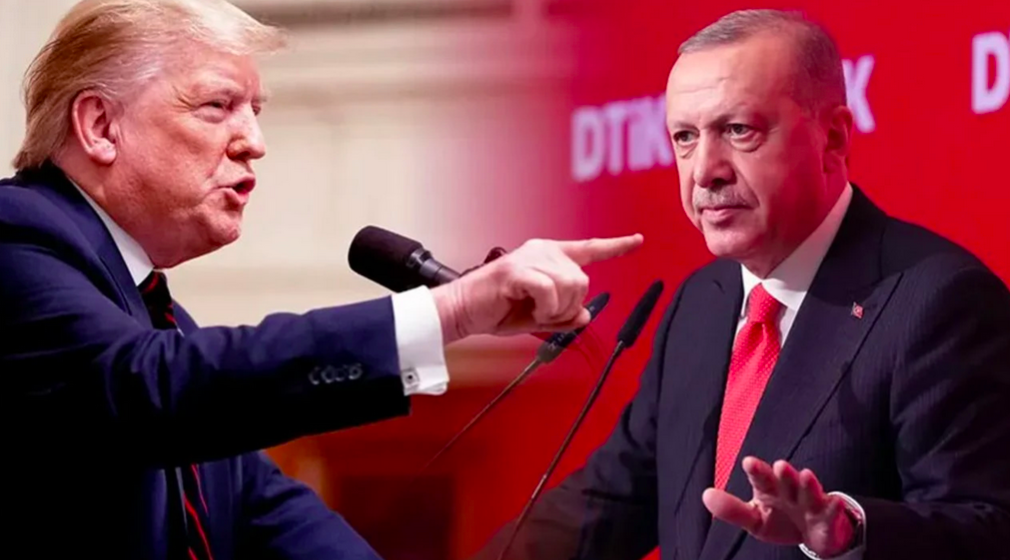
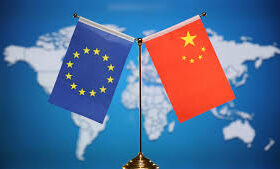



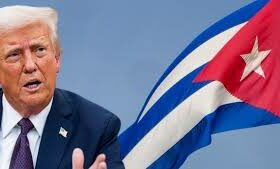
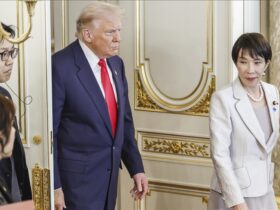
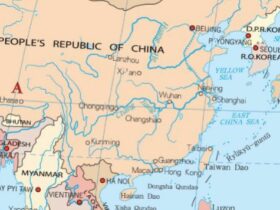


Leave a Reply